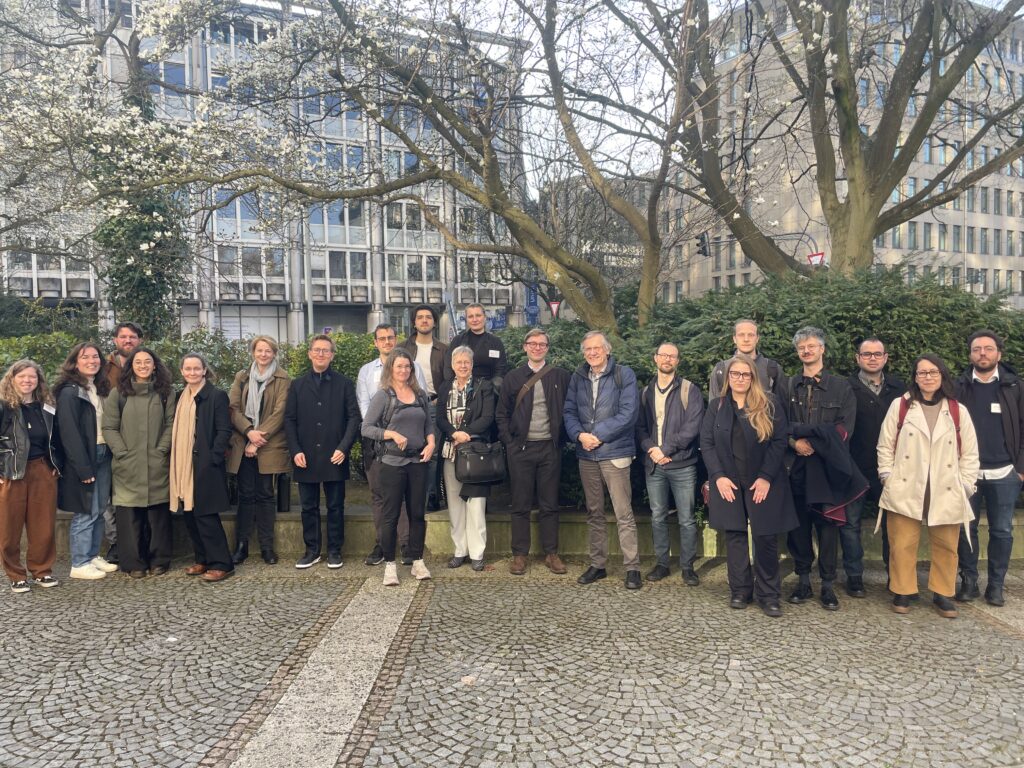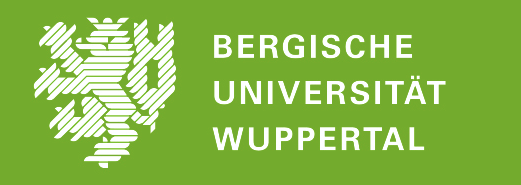From March 27 to 28, 2025, scientists from all over the world came together to participate in a workshop on “Scientific Pluralism, Epistemic Diversity, and Progress in Science” in Wuppertal, Germany. The event was hosted and organized by PhD students Jeremias Düring, Charlotte Constanze Poller and Anastasiia Lazutkina, who are part of the DFG Research Training Group 2696 “Transformations of Science and Technology since 1800”.

The workshop brought together scholars at all academic levels – from graduate students to full professors – and created a lively interdisciplinary environment with an impressive number of participants. Among the participants were philosophers of science, historians of science, and sociologists of science, as well as scholars from neighbouring disciplines. The workshop explored the relationships between scientific pluralism, epistemic diversity, and scientific progress. Core questions included:
• Under what conditions does pluralism contribute to or hinder progress?
• How do different forms of pluralism—methodological, theoretical, epistemic—affect the development of science?
• What roles do social and institutional structures play in fostering or impeding pluralism and diversity in scientific research?
The first day began with an historical-philosophical framing of the topics of the workshop by Paul Hoyningen-Huene (University of Hannover) with the keynote lecture “Kuhn and Feyerabend on Pluralism and Progress”. This was followed by a series of papers reflecting on the relationship between pluralism and progress. The presentations included “Pluralism about progress” (Oscar Westerblad); a normative perspective on conceptual progress (Philipp Haueis); and the epistemology of evidence in cosmology (Anastasiia Lazutkina).
In the afternoon, further contributions addressed the role of values in environmental science (Emma Braccini & Filippo Murabito), the challenges of cultural diversity in scientific practice (Sapna Kumar), and the potential of radical pluralism as a strategy of explanation (Melinda Bonnie Fagan). The day concluded with a keynote lecture by Inkeri Koskinen (University of Helsinki), who examined institutional strategies to promote diversity in science, raising critical questions about their actual effectiveness and sparking a critical discussion on the role of policy and institutions in promoting epistemic diversity.
On the second day, David Ludwig (Wageningen University & Research) opened with a keynote on “Transformative Pluralism”, arguing that pluralism should not be the end point but the beginning of discussion. He emphasized the need to transform the way different perspectives relate to each other in actual scientific practice – from passive coexistence to active engagement. The talks that followed the third keynote brought applied case studies into dialogue with the workshop’s central themes: biomedical reasoning in Alzheimer’s research (Matteo Vagelli), the limits of pluralism in psychological well-being research (Charlotte Constanze Poller), pluralist strategies in ecological economics (Jeremias Düring), and the division of epistemic labor in economic modelling (Teemu Lari).
Across both days, the workshop provided a platform for intense and open discussion, highlighting not only the philosophical and methodological challenges of scientific pluralism, but also the social, institutional, and normative tensions involved in cultivating diversity within science.
The organizers want to thank the DFG Research Training Group 2696 “Transformations of Science and Technology since 1800” – especially the coordinator Nina Lorbach – for the financial and organisational support as well as the German Association for Philosophy of Science (GAP) for further financial support.



